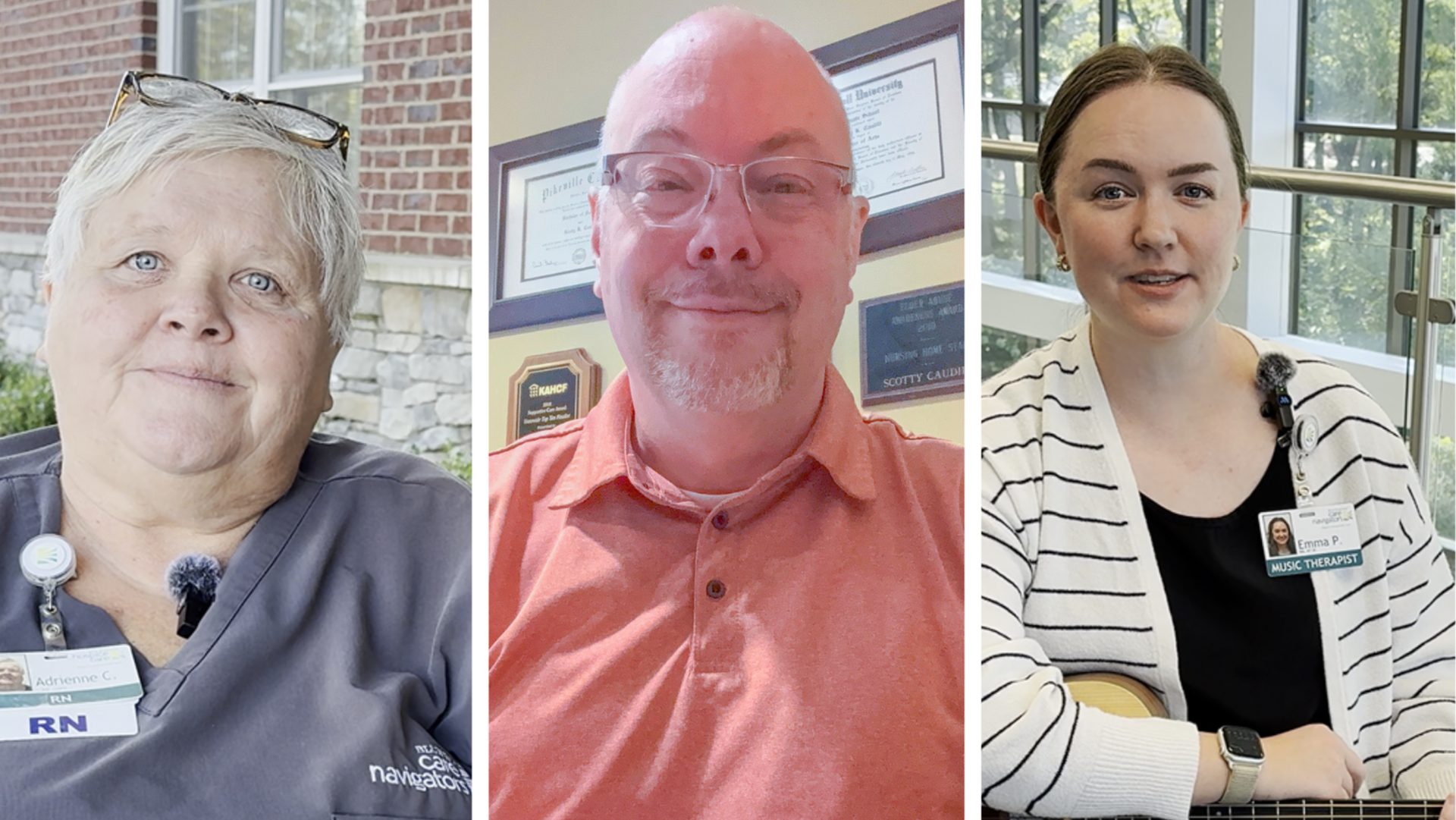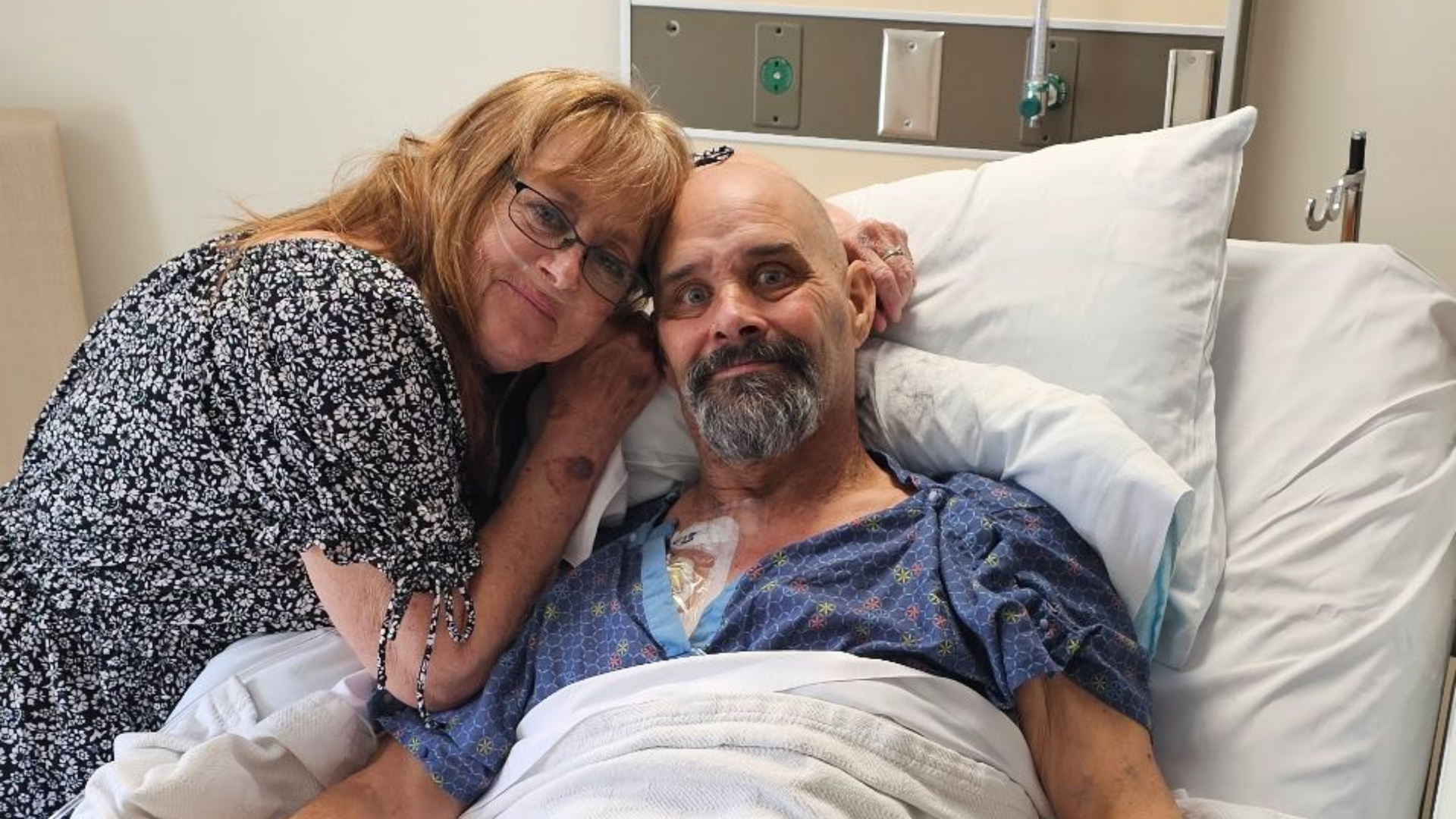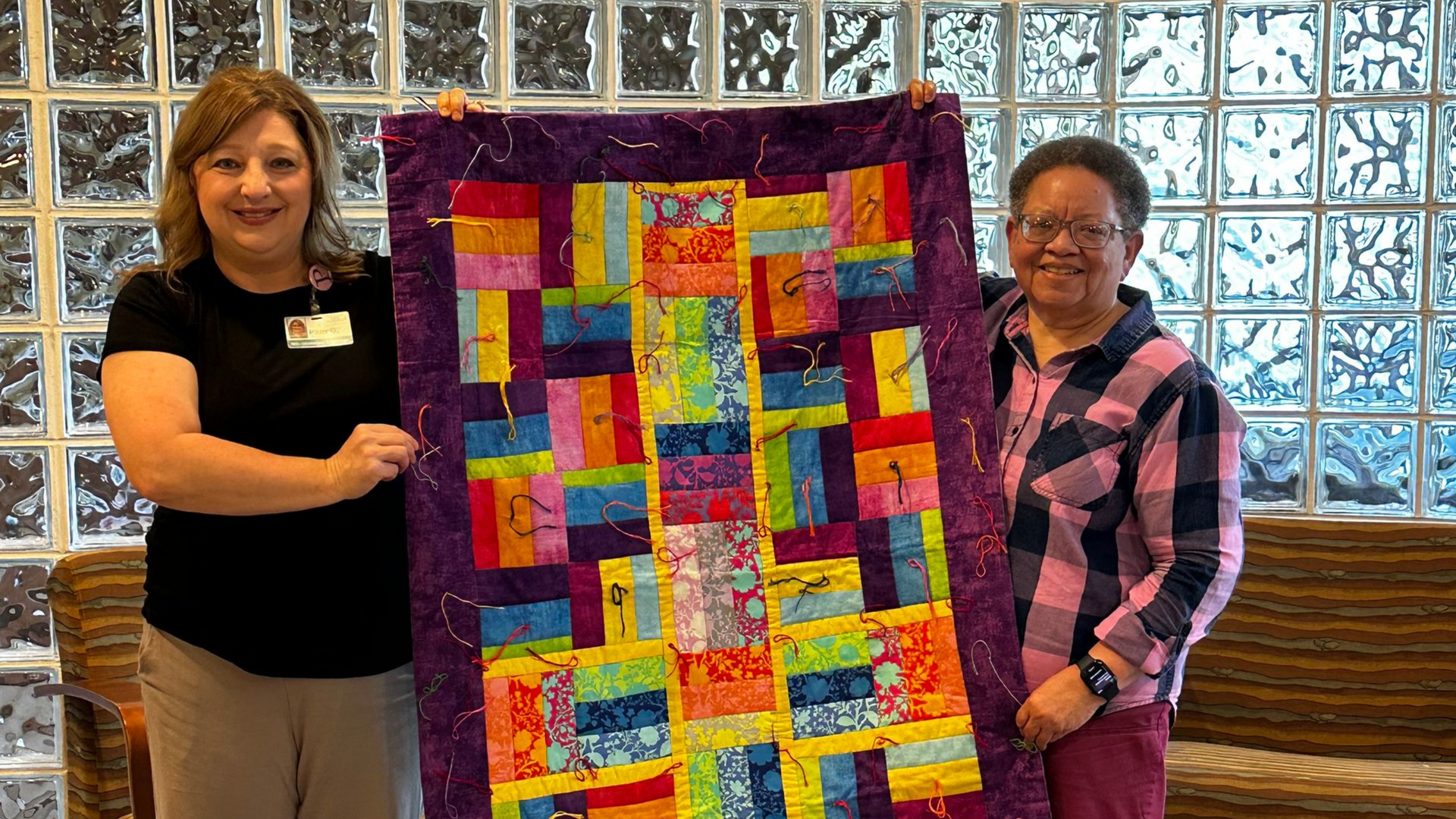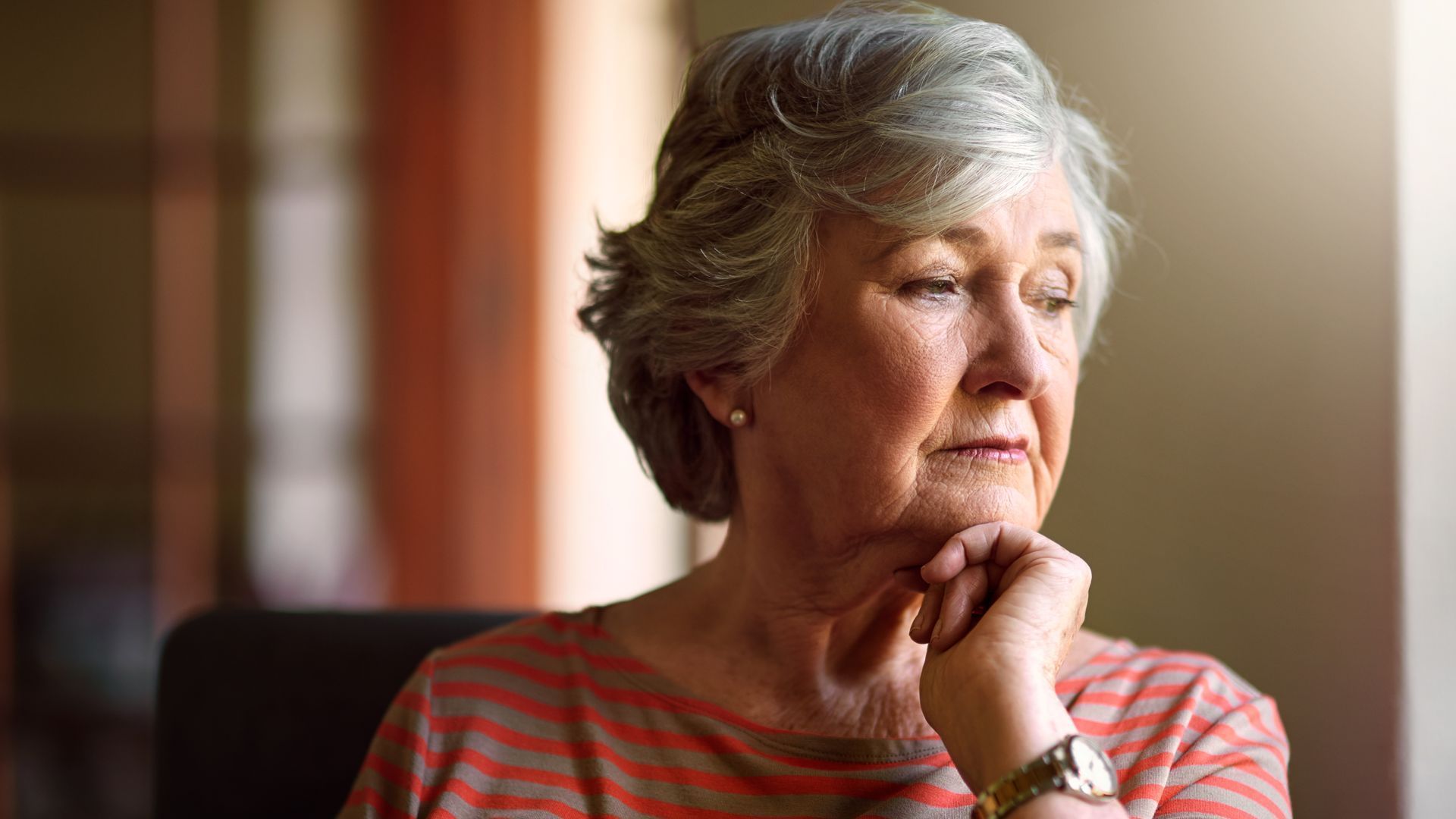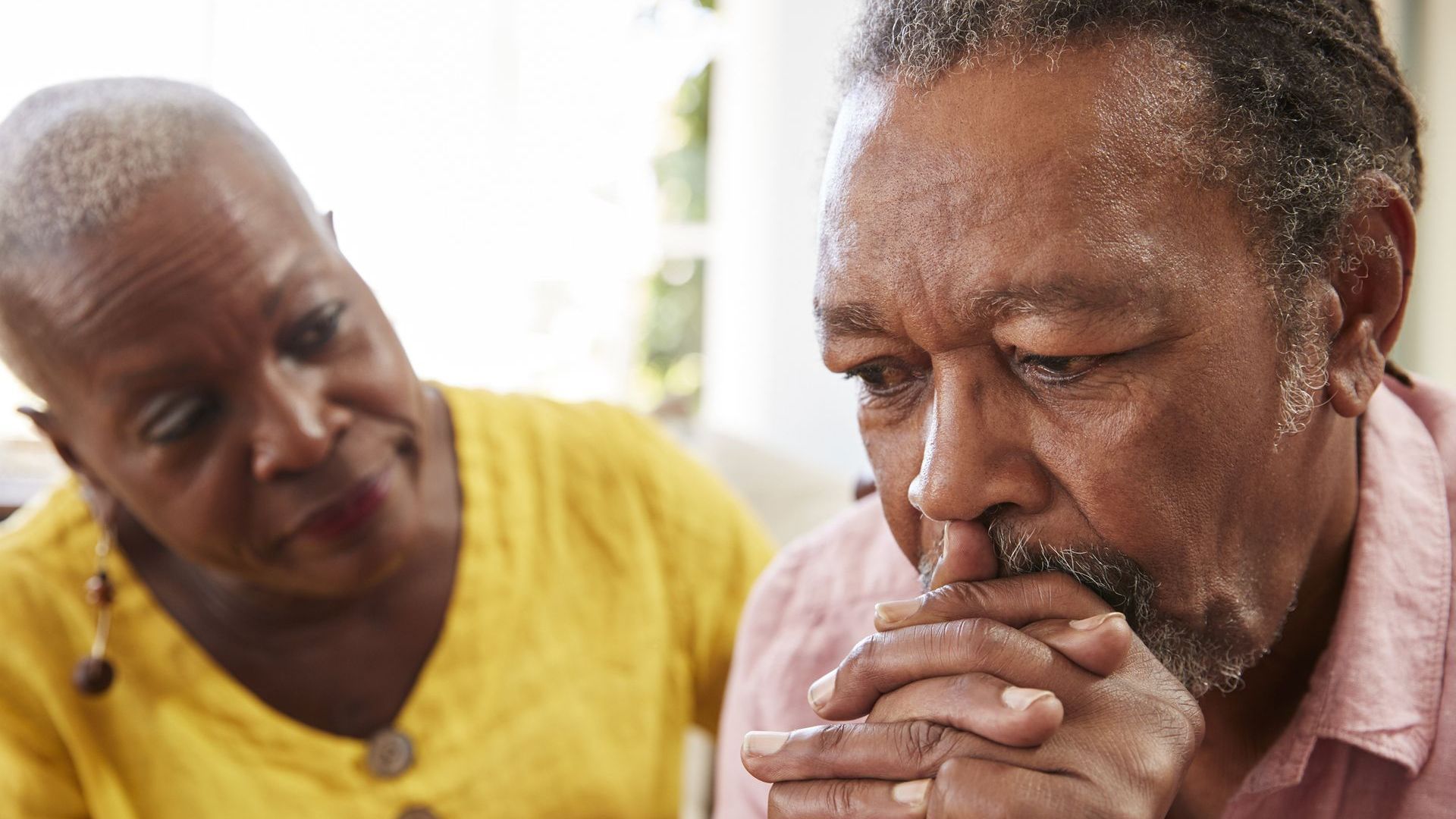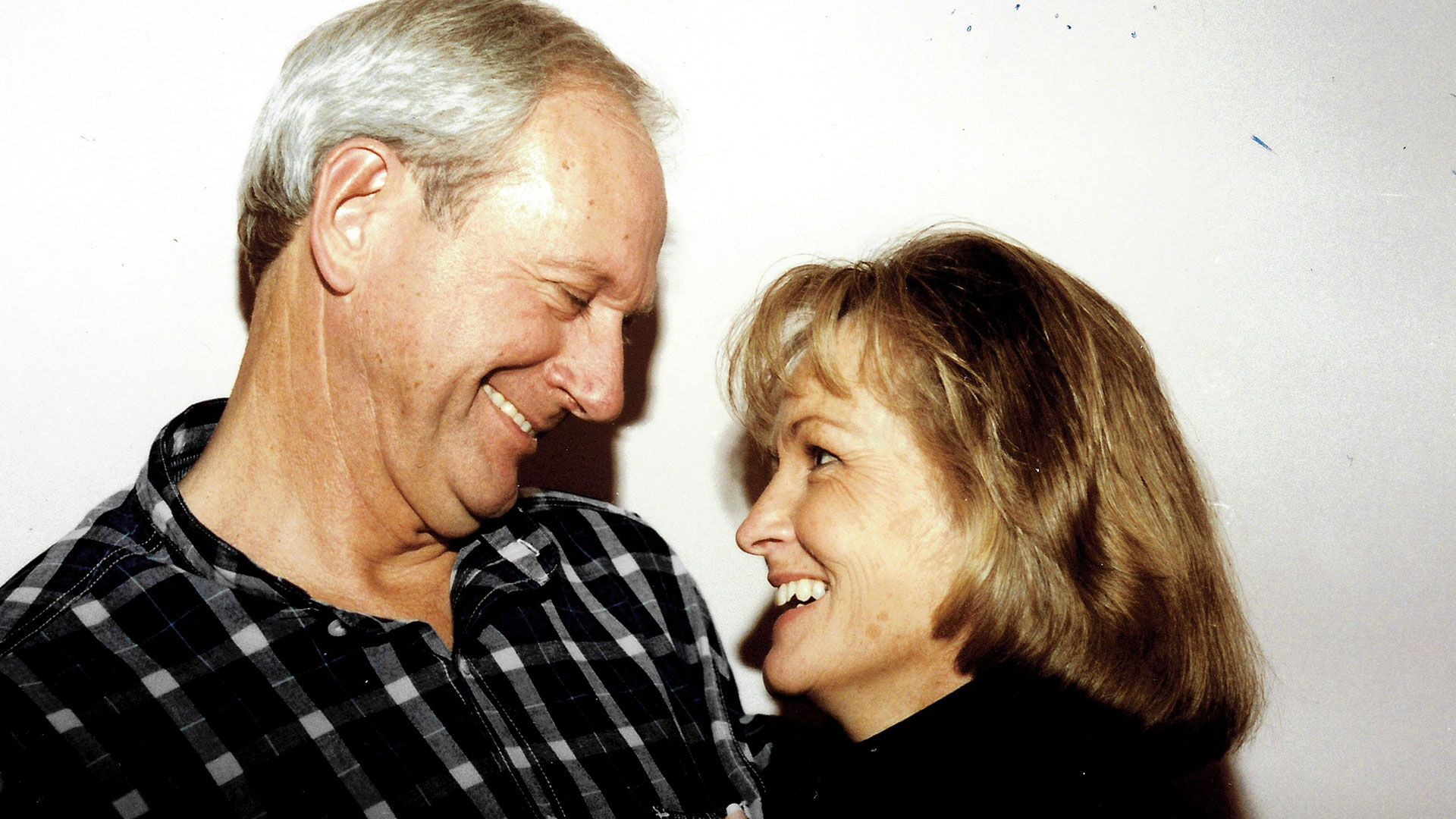Volunteer Pete Croswell Delivers Compassion to Hospice Patients
Shared by Pete Croswell:
In March of 2020, Frankfort Volunteer Coordinator Jennifer Hubbard asked me if I would take on mission for hospice patients—something to augment our volunteer support, especially since the COVID pandemic curtailed a lot of our volunteer services. This mission is to deliver “compassion bags” to family and caregivers of recently deceased patients in our four-county area (Franklin, Anderson, Woodford and Owen). So without too much hesitation, I took that on and have been doing it since April 2020. These Compassion Bags are one way we do outreach and connect with families and caregivers after a loss and show our support. The standard items provided include a picture frame and insert, forget-me-not seed packet, candle, flyers and kids items when young children are involved. Early on, I decided that the bags need a few more items so I get additional things: night light, healthy snack, lip balm or hand sanitizer.
I guess I’ve done about 600 of these but I’ve lost count. I don’t keep track since I destroy the records after delivery. Jennifer and I organize the deliveries with a list and map and I always call prior to a visit. I think I’ve seen about every city street and country road in the region. In the majority of cases, I have the opportunity to talk with the person on the phone and/or at the front door (with mask and distance). Mainly I listen but try to say some comforting words and indicate our ongoing support for family members and caregivers. In some cases, there is information I convey to the Frankfort office if necessary. I need to mention also that my wife Ann has been a big help organizing/filling the bags and she is in the process of becoming a BCN volunteer so she can help me with the deliveries and make sure I don’t get lost—even with mobile navigation tools that still happens out in the rural areas.
Something all volunteers and staff can relate to is that encountering cases of death—even indirectly can be hard sometimes but I believe this does make a difference to people who are dealing with grief and challenges—knowing there is support and other thinking about them really does help. I know this because they tell me. The majority of the time, those I visit express extreme satisfaction and appreciation for the services they have received from the staff. Can’t say I have ever worked with an organization with that amount of consistent, positive feedback. So, this is a pat-on-the-back for all administrative people, medical personal, social workers, chaplains and volunteers who provide the support.
One other thing. We live in a situation today with a lot of division in terms of politics, religion, race, economics, etc. and too often this comes out in a negative way. Too much focus on what makes us different than things that should bring us together. But when I go out with that badge and extend help and support regardless of who the person is, those divisions disappear—at least that is my experience with those I have interacted with.
If you are interested in volunteering or would like more information, please visit bgcarenav.org/volunteer.
